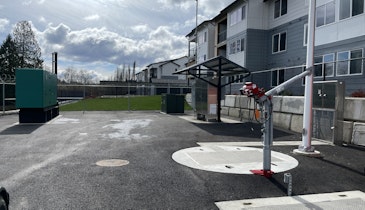Your November column was a good article and a good idea (“If I Were an Onsite Inspector,” Onsite Installer, November 2010). As I held all trade credentials in Minnesota, as inspector, installer, soil tester and designer, I found many places where a point-of-sale inspection brought problems to the attention of many different parties.
An inspection for a refinance might become a problem where a homeowner found himself faced with denial of a loan because of underlying problems that became evident. In such cases, the onsite system works fine, but it does not meet the present code, either because of tank issues or some other problem.
A new owner, on the other hand, finds there is a need for a complete new system, and the pristine landscape she pictured for the home will be turned into an excavation site. I found the best option was to start the point-of-sale inspection with an explanation of what will be done and what is involved with the results of inspection. A quick survey of the property and system is then conducted to rule out obvious failing (non-conforming) red flags or signs.
If the tanks do not meet code, the best option at that time is to stop the inspection and move on to the design stage, by doing soil borings, layout and design to replace the system. This also gives everyone a chance to decide on a cost sharing arrangement or to move on to another property to consider.
If the design is prepared and presented to the present owners with a package, including a cost estimate, they can present it to the local unit of government that has responsibility for permits or enforcement of codes for use in making a decision on the system replacement.
The same package also can be used for the buyer and seller to come to terms on what to do next and to provide a chance for either to proceed with an escrow of funds to bring the system up to code. It also gives the local unit of government an insight into the property condition without having to issue a letter of non-compliance, and a permit can be obtained for the future improvements.
Orin Koeckeritz
Koeckeritz Excavation
Afton, Minn.





